Sizewell C: the UK’s controversial £30bn nuclear power station
Campaigners criticise Boris Johnson’s reported green-lighting of project as a ‘very dodgy decision’
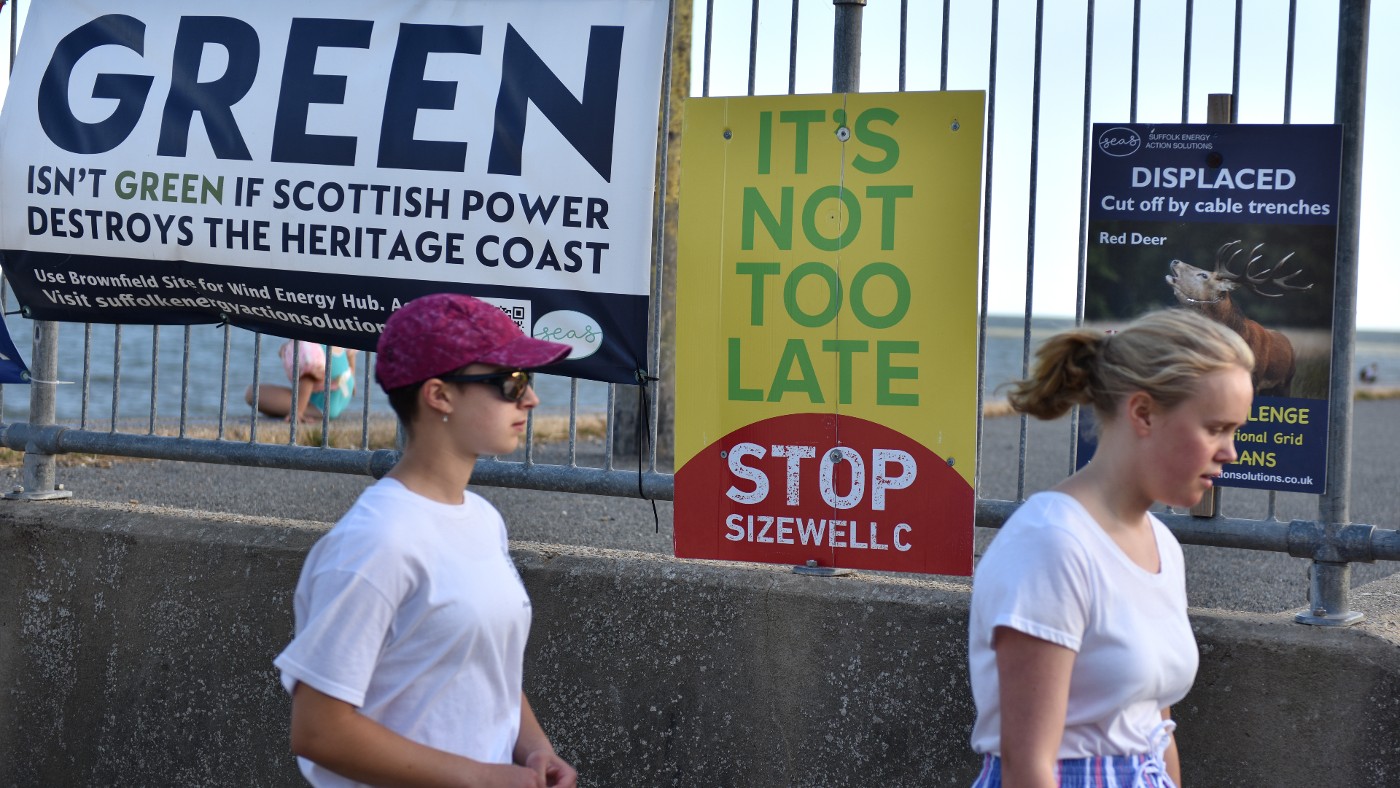
A free daily email with the biggest news stories of the day – and the best features from TheWeek.com
You are now subscribed
Your newsletter sign-up was successful
Boris Johnson is expected to give approval this week for a controversial project to build a nuclear power station that would cost up to £30bn.
Despite concerns about creating a multibillion-pound spending commitment for his successor, the outgoing prime minister “is preparing to announce an in-principle agreement” to offer funding to the Sizewell C reactor in Suffolk before he leaves office, The Times reported.
Hinting at the decision during a visit to Dorset on Tuesday, Johnson said: “We are going to have a long-term British energy security strategy, and we are putting in more nuclear – you’re going to be hearing more about that later this week.”
The Week
Escape your echo chamber. Get the facts behind the news, plus analysis from multiple perspectives.

Sign up for The Week's Free Newsletters
From our morning news briefing to a weekly Good News Newsletter, get the best of The Week delivered directly to your inbox.
From our morning news briefing to a weekly Good News Newsletter, get the best of The Week delivered directly to your inbox.
How will Sizewell C work?
Sizewell C’s two reactors will provide 3.2GW of generation capacity – around a tenth of the UK’s average energy demand. The i news site said the plant is “thought to be critical to the UK’s energy independence amid rising demand on the grid and the threat of Russia limiting gas supplies”.
Sizewell C was granted planning permission in July but is awaiting a formal government decision on whether to buy a stake in the plant and unlock private funding for the project.
However, Whitehall sources told The Sunday Times that Johnson and chancellor Nadhim Zahawi “took a decision in principle to part-fund the proposed construction of the Sizewell C nuclear reactor in Suffolk several weeks ago – without telling other ministers”.
Although Johnson is expected to give the project the green light, a final decision on exactly how much taxpayers will contribute – expected to be about £6bn – isn’t due until next year, which would allow his successor an opportunity to reappraise the project.
A free daily email with the biggest news stories of the day – and the best features from TheWeek.com
Where does Liz Truss stand on the project?
The Tory leadership front-runner has not stated a clear position on Sizewell C, but she hinted last year at “concerns about the involvement of China’s state-owned energy company CGN as part of a consortium providing funding for the preparatory work at the nuclear plant”, said The Independent.
Kwasi Kwarteng, who is tipped to become the chancellor if Truss wins the Tory leadership campaign, is said to be “100%” behind the Sizewell C project after leading negotiations in his present role as business secretary. He has said the UK needs to “crack on” with new facilities to increase energy security, added the paper.
However, there has been talk of a split in Truss’s camp on the issue. Simon Clarke, chief secretary to the Treasury and one of Truss’s leading supporters, warned in a leaked letter that the costs of Sizewell C were “sufficient to materially affect spending and fiscal choices for an incoming government, especially in the context of wider pressures on the public finances”.
What do campaigners say?
Campaign group Stop Sizewell C was unimpressed by Johnson’s reported approval of the project, telling the i news site that it was “a very dodgy decision”.
“Has it been made by a lame-duck PM who is not supposed to tie the hands of his successor, or was it in fact made before Sizewell C was granted planning consent, lending serious weight to our conviction that this was a prejudiced, political decision?” they asked.
The group called on Johnson’s successor to scrap the plan because “there are so many better ways to spend billions of pounds of taxpayers’ money than on a project that won’t light a single lightbulb for at least a decade”.
A legal challenge from another group, Together Against Sizewell C, cited a “threat to water supplies in an area officially designated as seriously water stressed” and “the threats to coastal areas from climate change and environmental damage, reported The Guardian.
Represented by Leigh Day solicitors and supported by Friends of the Earth, the group also disputes the suggestion that the site would be clear of nuclear material by 2140, citing evidence showing that highly radioactive waste would have to be stored locally until a much later date.
Climate change is another consideration. Dr Paul Dorfman, an academic at the Science Policy Research Unit at the University of Sussex and the chair of the Nuclear Consulting Group, told The Guardian that “it’s clear that the Suffolk coast by the proposed Sizewell C nuclear plant is fragile, vulnerable to erosion and climate-driven storm surge”.
Chas Newkey-Burden has been part of The Week Digital team for more than a decade and a journalist for 25 years, starting out on the irreverent football weekly 90 Minutes, before moving to lifestyle magazines Loaded and Attitude. He was a columnist for The Big Issue and landed a world exclusive with David Beckham that became the weekly magazine’s bestselling issue. He now writes regularly for The Guardian, The Telegraph, The Independent, Metro, FourFourTwo and the i new site. He is also the author of a number of non-fiction books.
-
 The ‘ravenous’ demand for Cornish minerals
The ‘ravenous’ demand for Cornish mineralsUnder the Radar Growing need for critical minerals to power tech has intensified ‘appetite’ for lithium, which could be a ‘huge boon’ for local economy
-
 Why are election experts taking Trump’s midterm threats seriously?
Why are election experts taking Trump’s midterm threats seriously?IN THE SPOTLIGHT As the president muses about polling place deployments and a centralized electoral system aimed at one-party control, lawmakers are taking this administration at its word
-
 ‘Restaurateurs have become millionaires’
‘Restaurateurs have become millionaires’Instant Opinion Opinion, comment and editorials of the day
-
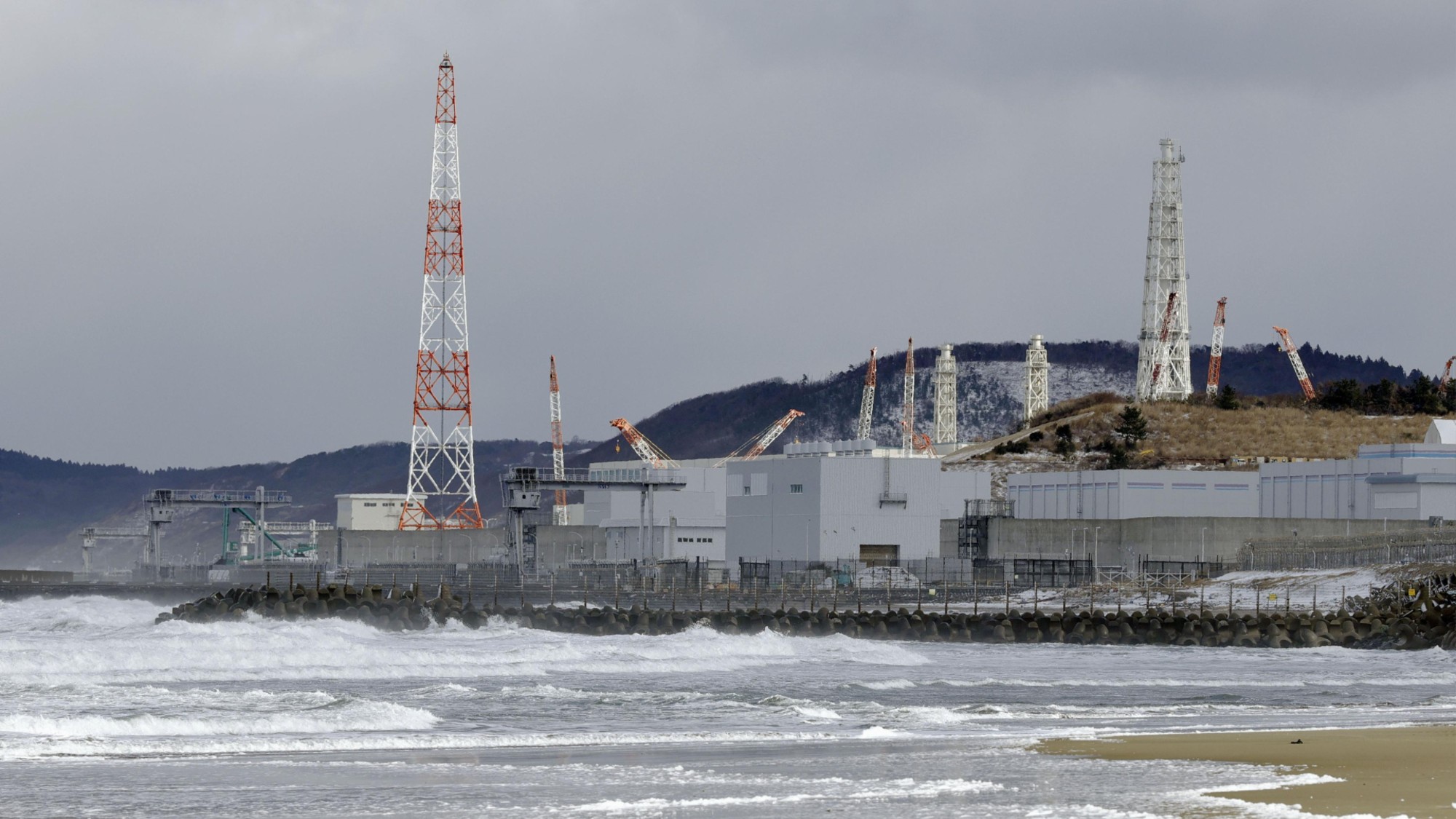 Fifteen years after Fukushima, is Japan right to restart its reactors?
Fifteen years after Fukushima, is Japan right to restart its reactors?Today’s Big Question Balancing safety fears against energy needs
-
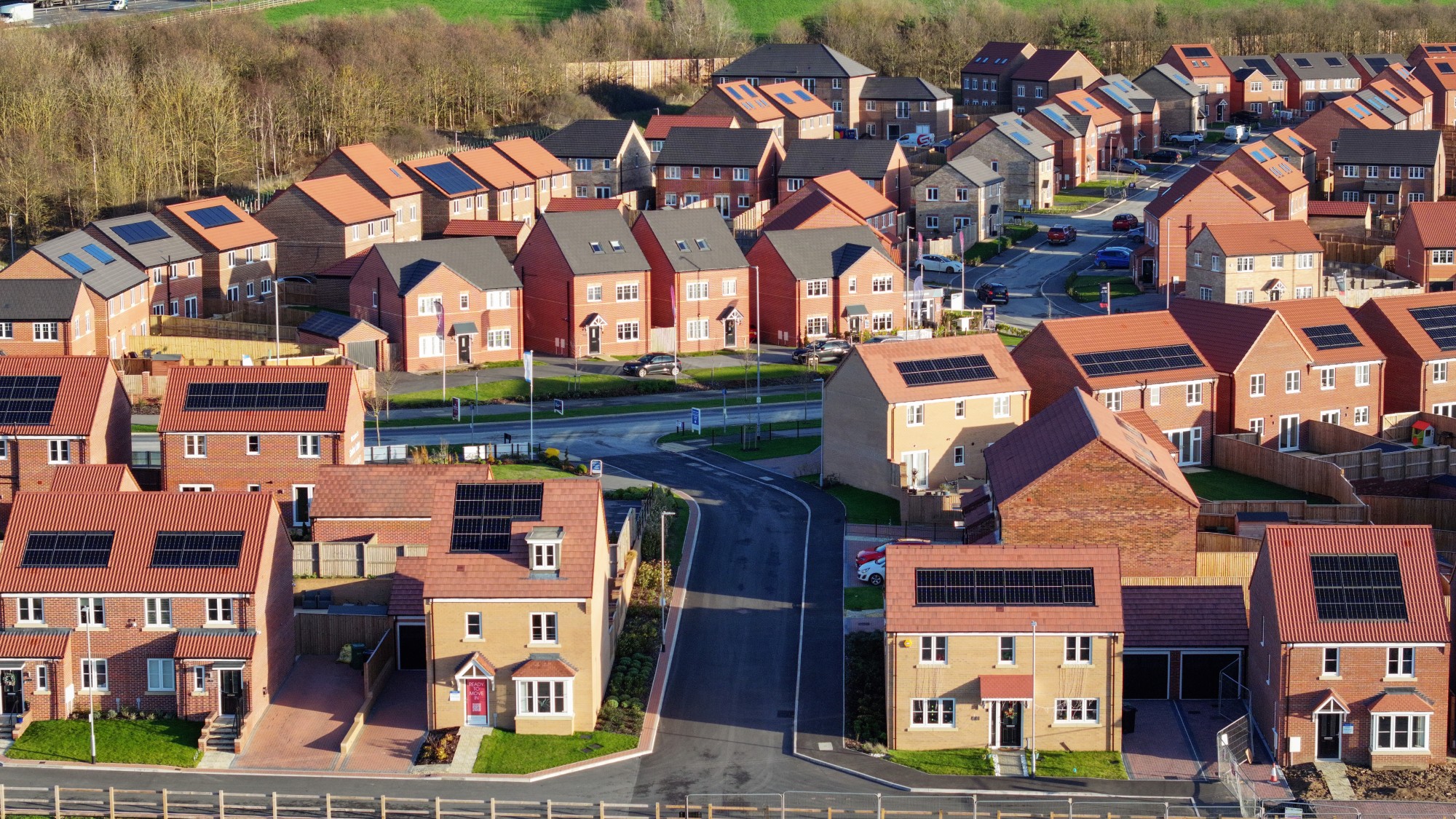 Zero-bills homes: how you could pay nothing for your energy
Zero-bills homes: how you could pay nothing for your energyThe Explainer The scheme, introduced by Octopus Energy, uses ‘bill-busting’ and ‘cutting-edge’ technology to remove energy bills altogether
-
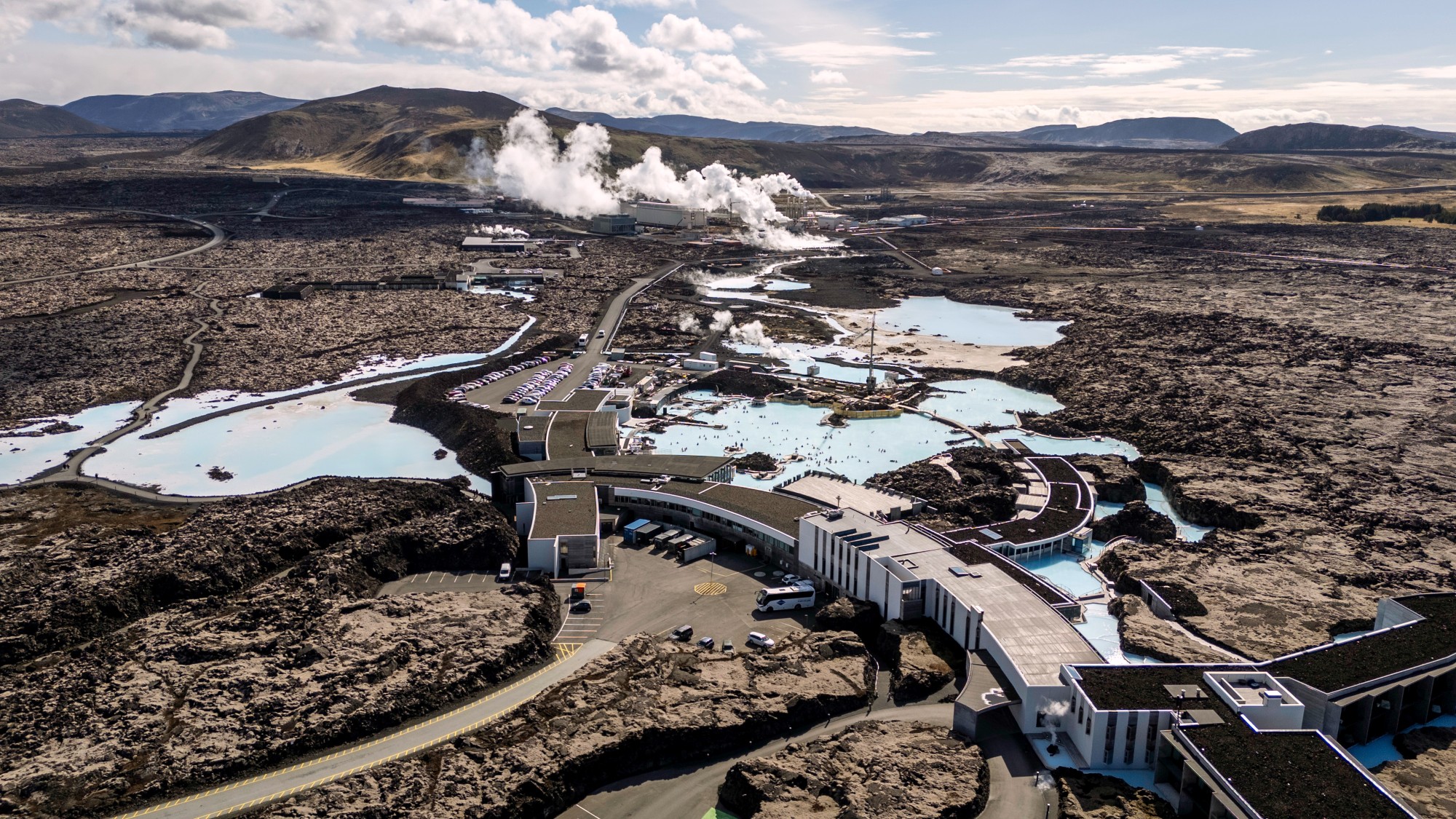 Pros and cons of geothermal energy
Pros and cons of geothermal energyPros and Cons Renewable source is environmentally friendly but it is location-specific
-
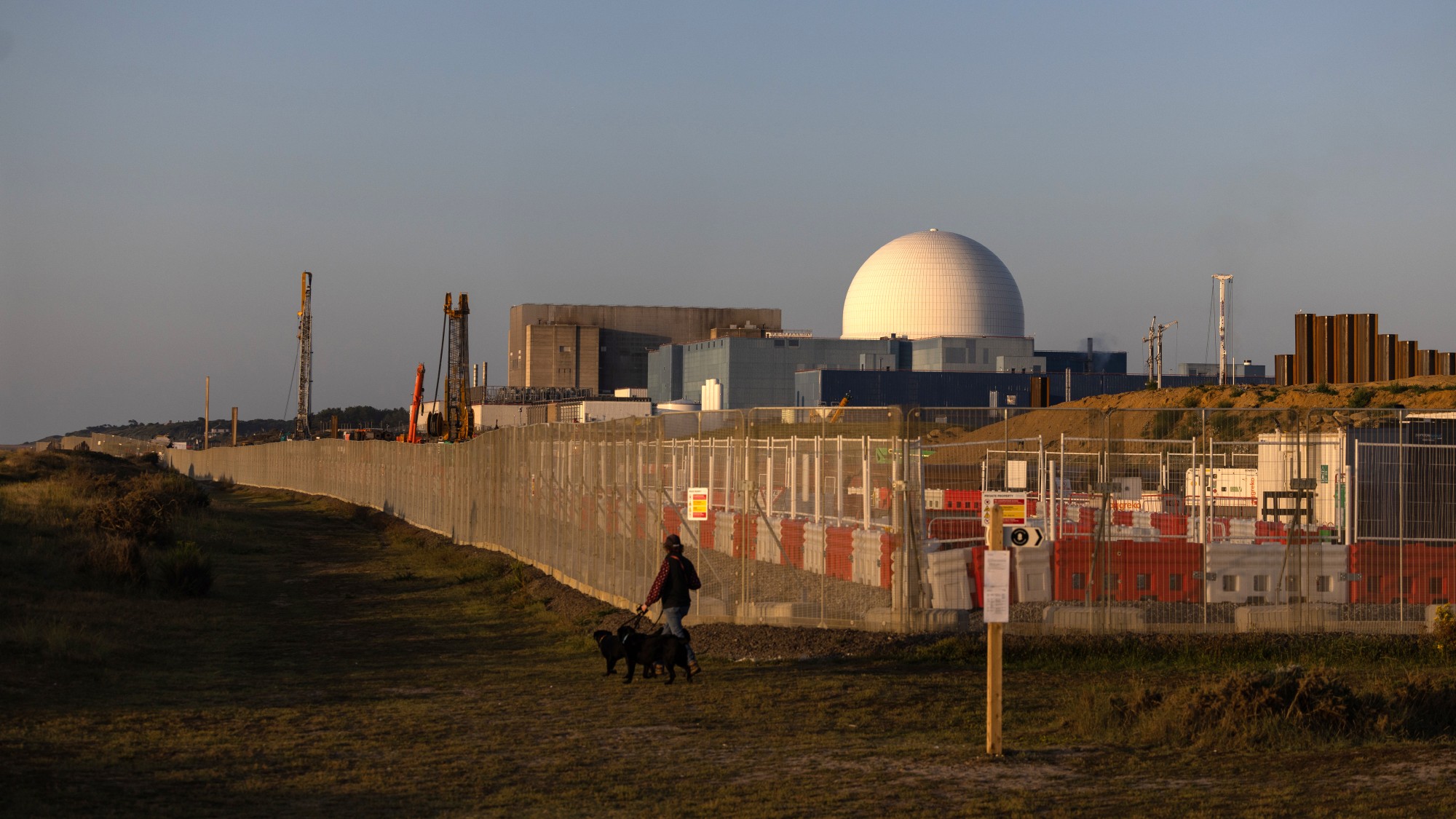 Are we entering a ‘golden age’ of nuclear power?
Are we entering a ‘golden age’ of nuclear power?The Explainer The government is promising to ‘fire up nuclear power’. Why, and how?
-
 Builders return to the stone age
Builders return to the stone ageUnder the Radar With brick building becoming ‘increasingly unsustainable’, could a reversion to stone be the future?
-
 Megabatteries are powering up clean energy
Megabatteries are powering up clean energyUnder the radar They can store and release excess energy
-
 Renewables top coal as Trump seeks reversal
Renewables top coal as Trump seeks reversalSpeed Read For the first time, renewable energy sources generated more power than coal, said a new report
-
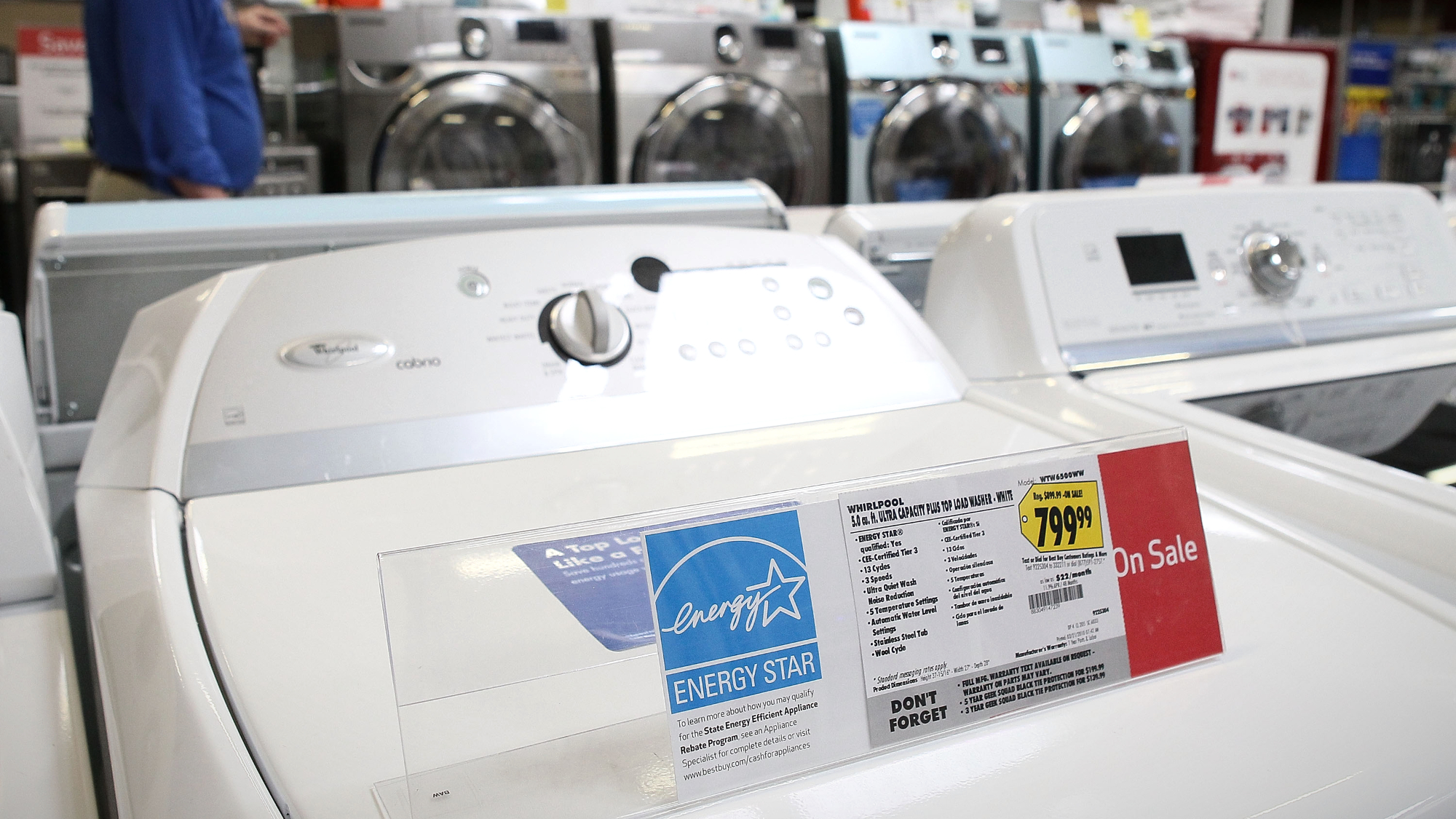 EPA is reportedly killing Energy Star program
EPA is reportedly killing Energy Star programspeed read The program for energy-efficient home appliances has saved consumers billions in energy costs since its 1992 launch